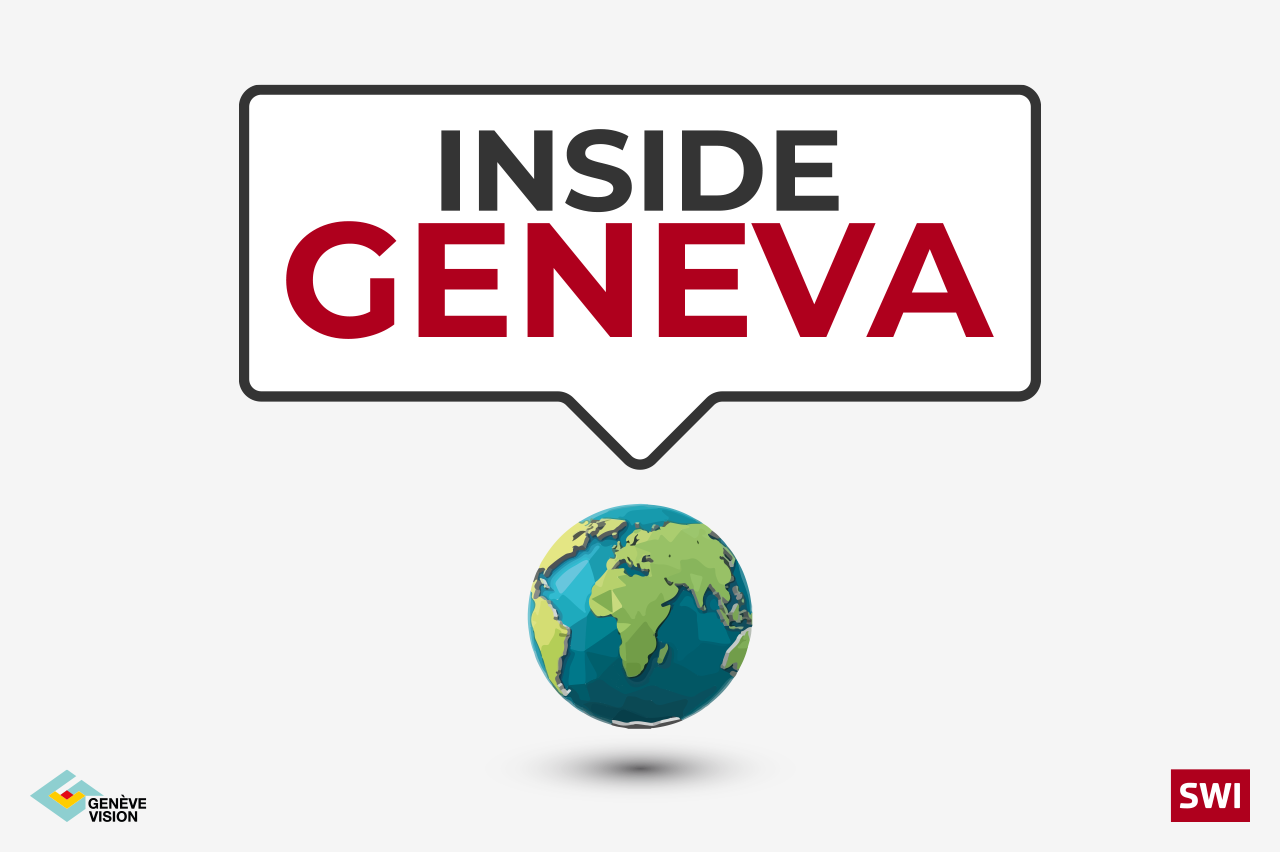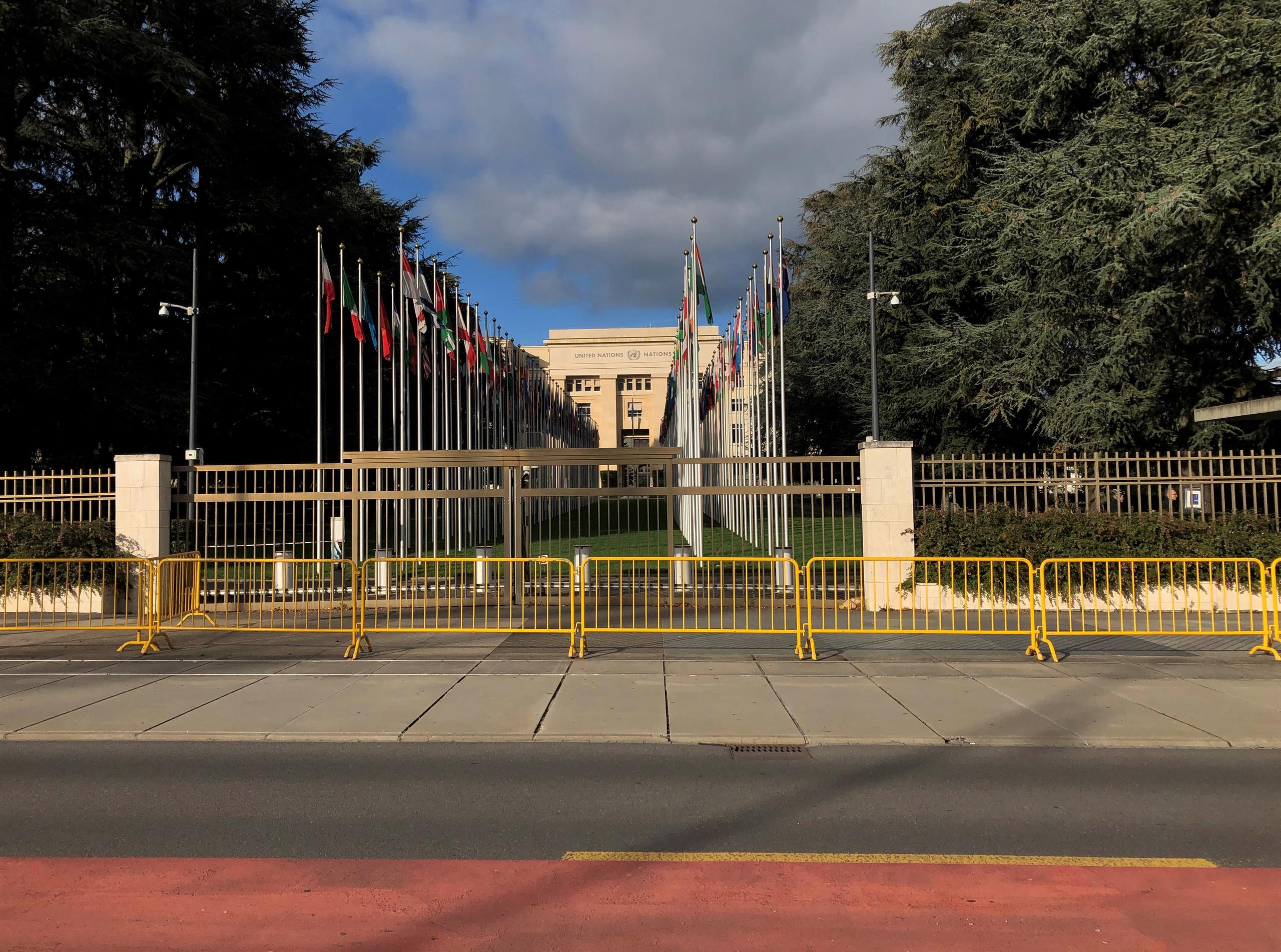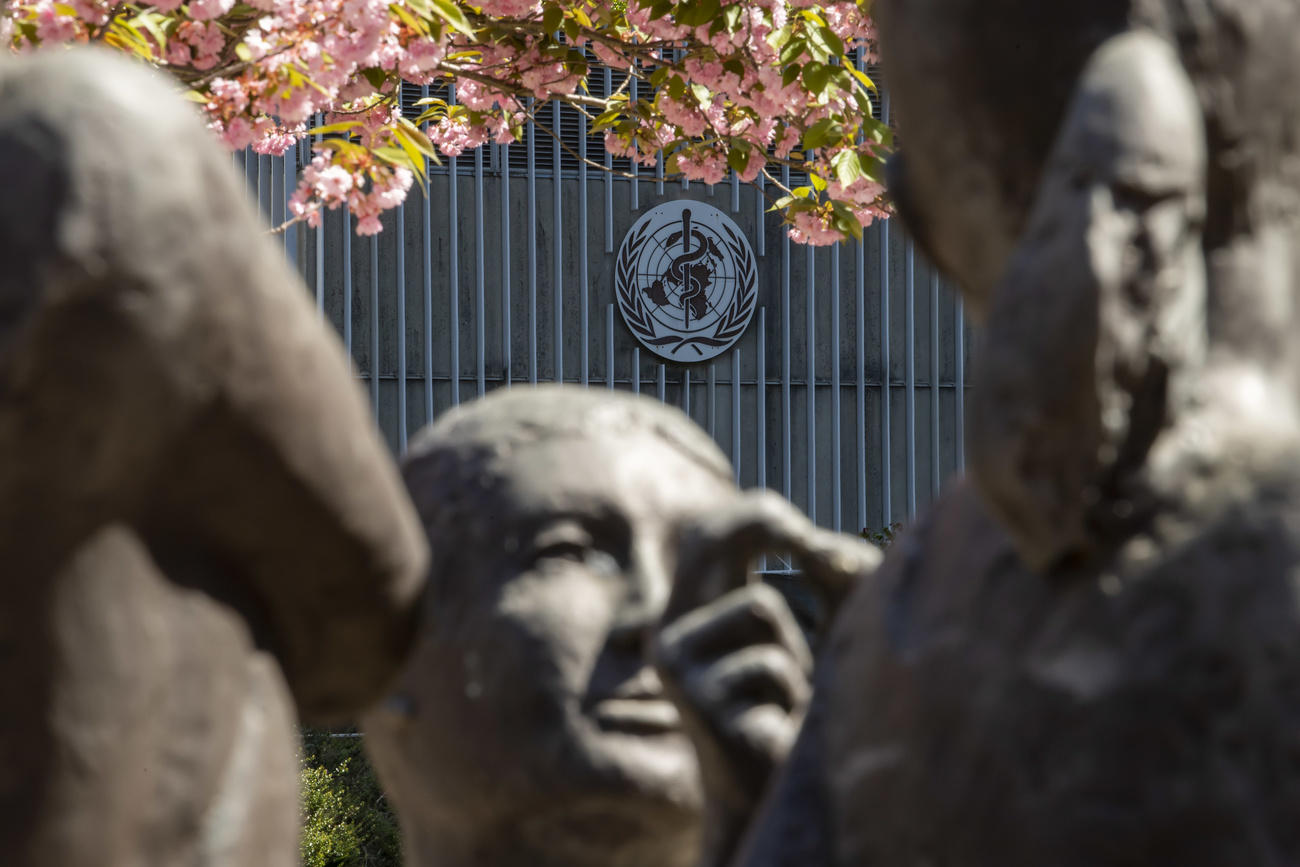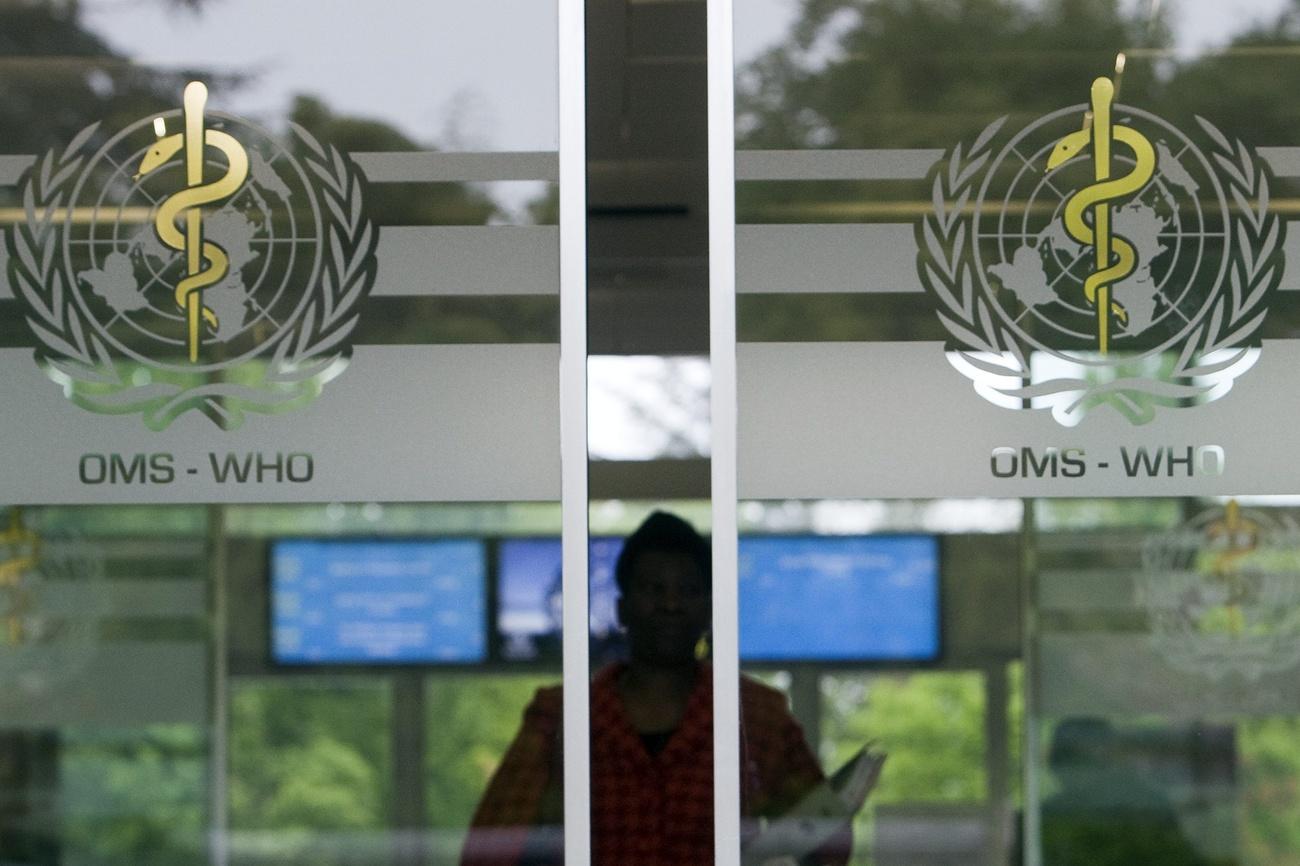Can Biden re-engage the US with the world?
What will the next four years hold for the US and indeed the whole world? From my perspective in Geneva, Joe Biden’s election raises questions about what it will mean for human rights, multilateralism, and the entire United Nations system.
Did you get any sleep that first week of November? I certainly didn’t get much. The US election dominated the entire planet it seemed, for days on end. I kept thinking if I stayed up late I’d hear that crucial state called one way or the other, or if I got up early the results would finally be in. I ended the week sleep deprived and asking myself why we pay so much attention to an election thousands of miles away.
There’s an easy answer to that of course: it’s the United States, stupid. What the US does, and who sits in the White House, continues to have a profound effect on all our lives. And the absence of the US, as we have seen in Syria, leaves space for other players, Russia, for example, to flex their geopolitical muscles.
And so when a personality as divisive, and as unpredictable, as Donald Trump becomes president, our attention is focused all the more on what’s going on in the White House. From the blustery late night press conferences to the torrent of tweets, we have followed every twist and turn of this administration, not just because it’s fascinating, but because it really is important to the world.
Sign up! The latest updates from International Geneva – in your inbox
Geneva knows that better than most. From the refusal to appoint WTO judges, bringing global trade dispute resolution to a virtual standstill, to the withdrawal from the UN Human Rights Council, to the vitriol directed against the WHO, the Trump administration has caused dismay in this international city. As our listeners will know, in our podcast Inside Geneva we have focused regularly on what the Trump doctrine, if we can call it that, means for multilateralism, and for the fundamental principles adopted after the Second World War.
More
So now that Trump is on the way out (kicking and screaming perhaps, but his exit from the White House is now clearly inevitable) are we back on the sunlit uplands?
Will Biden press the reset button and take us back to the pre 2016 era?
That’s the subject of this week’s Inside Geneva podcast.
My guests Professor Jussi Hanhimaki of Geneva’s Graduate Institute, Peggy Hicks, Director at the UN’s Human Rights Office, and our regular analyst Daniel Warner join me for an in-depth discussion about what the next four years might hold, for Geneva, the US, and the world. Click on the article below or this link to access the podcast.

More
Inside Geneva: What to expect from a new US president
Here is a small sampling of our discussion:
Peggy Hicks has high hopes that the US will re-engage in human rights, with, she suggests a certain humility. “The support for human rights has to start at home.”
Jussi Hanhimaki however cautions against expecting too much, pointing out that “America first has never been off the agenda.”
And Daniel Warner warns that, despite the promises on tackling climate change and the Covid 19 pandemic, the new administration has been fairly quiet on other important, Geneva relevant issues. “Neither Biden nor Harris has come out in favour of the United Nations as a system.”
Multilateralism back on track?
We agree the question for the next four is not whether countries will recommit to multilateralism, but whether that commitment is genuinely seeking to serve the whole world, rather than just the individual nations which choose to engage.
It’s a fascinating discussion, and I do hope you will take the time to listen to hear what consensus we reach about the future of multilateralism.
Which brings me to another topic. As 2021 approaches, our Inside Geneva team is on the lookout for hot topics. We’ve already come up with a couple: we’ll be starting a new occasional series on treaties that changed our world, talking to the people who negotiated them, and to those whose lives have been improved because of them. We plan to start with a podcast on the Landmines Convention.
There are hundreds of treaties out there, some signed millennia ago, some just since the start of this century. Which ones are close to your heart? The Basel Convention on Hazardous Waste perhaps? Or the International Convention on Whaling? Or how about the first Geneva Convention, way back in 1864? Let us know a treaty you’re interested in, and we can include it in the podcast.
And, as the seemingly eternal Covid 19 pandemic continues, we are interested in looking at how this seismic event is affecting humanitarian work, and, crucially, funding. If you’re a non-governmental organisation facing tough financial challenges over the next few months, get in touch, we’re keen to hear your perspective and even have you on the podcast.
And in general, don’t hesitate to let us know your comments, feedback, and suggestions for Inside Geneva. It’s a podcast designed to be inclusive of all the voices in international Geneva and the humanitarian community globally.

In compliance with the JTI standards
More: SWI swissinfo.ch certified by the Journalism Trust Initiative












You can find an overview of ongoing debates with our journalists here . Please join us!
If you want to start a conversation about a topic raised in this article or want to report factual errors, email us at english@swissinfo.ch.